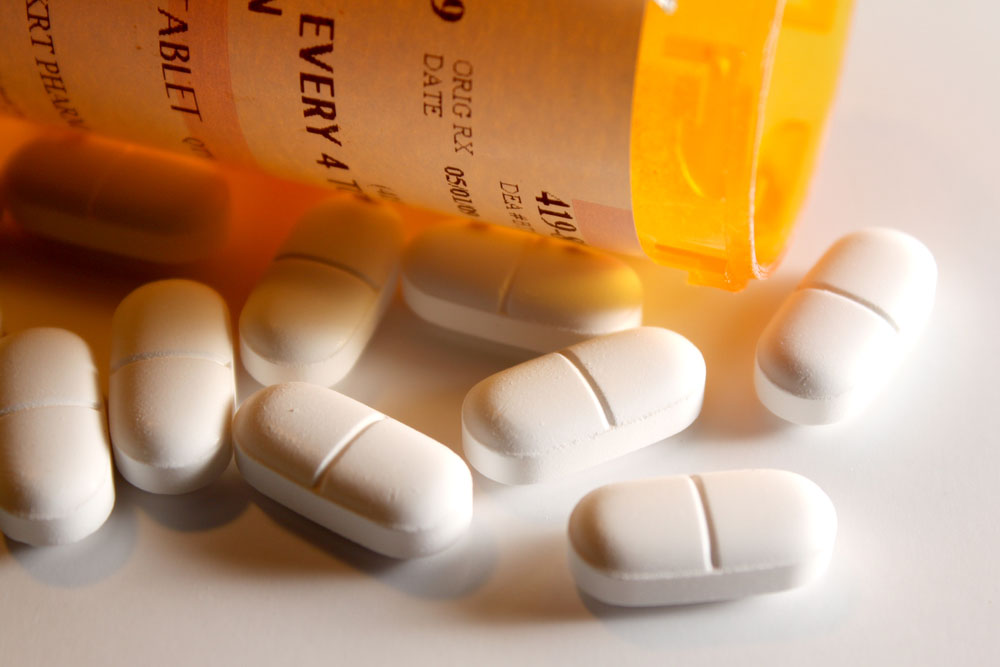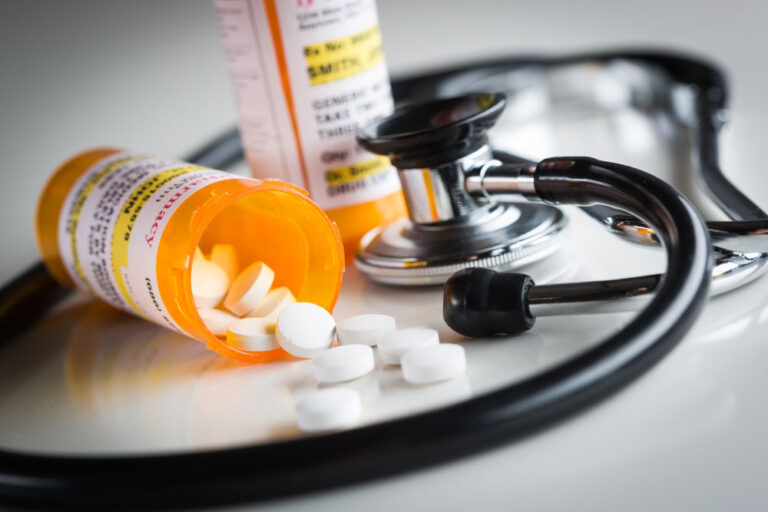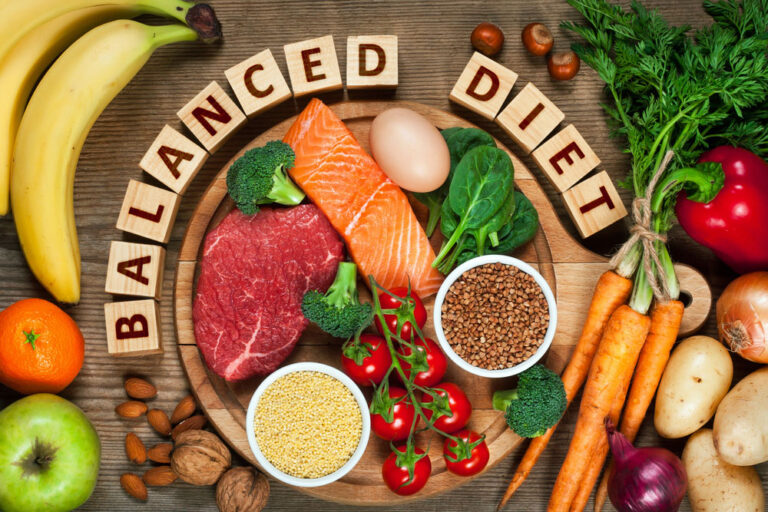Vicodin Dependency Physical and Mental Health Risks
Vicodin dependency can severely derail an otherwise normal and healthy life. A brand name prescription drug that combines hydrocodone with acetaminophen (commonly known as Tylenol), Vicodin is highly addictive, and has effects on the human brain that are similar to heroin. However, according to the National Institute on Drug Abuse (NIDA), abuse of prescription drugs such as Vicodin led to roughly 11,000 unintentional deaths in 2008, as opposed to around 2,000 unintentional deaths as a result of heroin overdoses. The relative accessibility of Vicodin, combined with its intensely addictive properties, make it incredibly dangerous should addiction develop.
According to the NIDA, health risks associated with Vicodin dependency include liver damage, liver failure, jaundice and urinary problems. Furthermore, mental health issues have been known to develop, such as severe instances of mania and depression. There has been a link established between the development of anorexia and Vicodin dependency as well.
The link between mental health issues and Vicodin does not stop there. As a means of self-medication, individuals will often use Vicodin in an attempt to control pre-existing mental health conditions such as Dissociative Identity Disorder, social anxiety disorder or post-traumatic stress disorder. Sadly, what often ends up happening is the aforementioned development of new conditions, as well as the potential exacerbation of the ones already there, creating a perpetuating, co-occurring cycle of mental illness and addiction.
Vicodin dependency can even spread beyond the addict. Tragically, infants who are birthed by Vicodin addicts are known to be born with a physical dependency for the drug.
Signs of Vicodin Dependency
As Vicodin use increases, signs of addiction become prevalent. These signs include:
- Tolerance – Those with a Vicodin dependency will often require up to 30 pills per day in order to obtain the desired feeling, according to the NIDA
Inability To Focus - Mood Swings – These can become severe
- Nausea and Vomiting
- Withdrawal Symptoms – Those who have not used the drug will experience prevalent itching, swelling and dizziness. This can occur in anyone who is taking Vicodin, but it is more extreme in those who have developed a Vicodin dependency
Another common sign of a Vicodin addiction is a preoccupation with procuring the drug, often going through elaborate means and concocting phony injuries in order to obtain the drug. Possession of Vicodin becomes the addict’s number one priority, usurping all else. This can destroy social, familial and professional relationships as the procurement of the drug consumes the individual at all costs.
Treatment For Vicodin Dependency
As the onset of withdrawal symptoms for a Vicodin addict can be swift and brutal at even the slightest alteration of consumption, it can be terrifying for the dependent individual to even consider treatment. At University Park Behavioral Health, we know Vicodin addiction can be treated, and it can be treated successfully.
At Shadow Mountain Recovery our detoxification program will help the client overcome the physical and psychological withdrawal symptoms that occur when one is attempting to treat Vicodin dependency. Our detoxification program involves consistent and vigilant monitoring of the client as he experiences these symptoms, as well as a comprehensive, personalized treatment program to ensure he develops the mental and psychological tools to cope with his dependency through the guidance and support of our empathetic clinical team.
For those who have psychiatric disorders that have developed along with Vicodin dependency, or for those who have developed symptoms as a result of Vicodin abuse, we also specialize in treating co-occurring disorders. Our Dual Diagnosis Treatment Programs do not adhere to the fallacy of a one-size-fits-all approach to addiction treatment, but rather they are malleable to fit the unique needs of each individual client.









